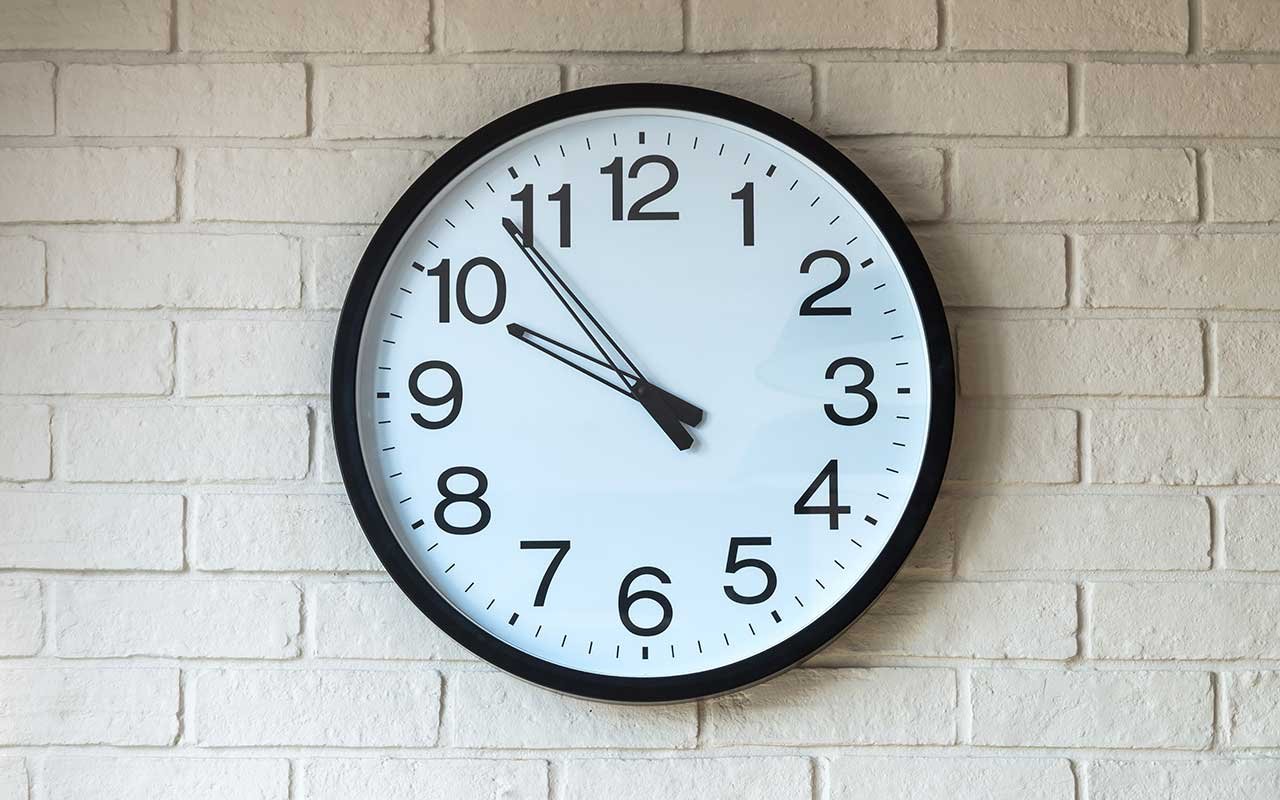
The Fair Labor Standards Act (FLSA) is a federal law designed to protect the rights and well-being of workers in the United States, including those working in private households. It is important to understand how the FLSA applies to domestic workers and the concept of "hours worked" to ensure a fair and legal working environment. Keep in mind, while these federal requirements apply in all areas, states and localities also have laws regarding hours worked and compensation.
What is FLSA?
The FLSA sets the standards for minimum wage, overtime pay, and child labor. It covers most employees, but there are exemptions and specific rules for certain types of employment. When it comes to domestic workers, such as nannies, housekeepers, and caregivers, the FLSA typically applies.
Hours Worked for Domestic Workers
Under FLSA, Hours worked include all hours your employee is required to be on duty or on premises. This means not just the time spent performing specific tasks but also any time they are required to remain partially on duty, or on the work premises.
Here are some key points to consider:
- Regular Working Hours: The hours your domestic worker is scheduled to work, and is onsite able to work, are considered hours worked, and you must pay them for this time
- On-Call Time: If your caregiver is required to be on-call on your premises, even if they're not actively working, this time is generally considered hours worked. For instance, if your nanny has put the baby down for a nap, they are waiting for the baby to awaken, and that time is considered on-call time.
- Breaks and Rest Periods: Short breaks (usually 20 minutes or less) are typically considered hours worked and should be paid. Longer meal breaks may be unpaid, if the worker is relieved of all duties, and is free to leave the premises.
- Sleeping Time: For workers who live in your home, such as live-in caregivers and those working 24-hour shifts, there are specific rules regarding sleeping time. If they are scheduled to be on duty during this time, it's considered hours worked. However, if they have uninterrupted sleep periods, with a minimum of 5 hours, those sleep periods can be unpaid under FLSA. Notably CA does not allow for unpaid sleep time for live-in workers, and all hours must be paid.
- Travel Time: Time spent traveling during the course of work, such as accompanying a family on a trip or running errands for the household, is generally considered hours worked. However, an employee’s commute to/from work is generally not considered hours worked, unless it meets certain requirements.
- Training and Meetings: Any required training sessions or meetings are considered hours worked, and employees should be compensated accordingly.
- Waiting Time: If a domestic worker is required to wait for work while on the premises, this is typically considered hours worked. However, if they are free to leave and use their time as they wish, it likely is not be counted as hours worked.
It's important to keep accurate records of your domestic employee's hours worked. This will help you ensure compliance with the FLSA and provide fair compensation, as well as fulfill your record keeping requirements.
Understanding the concept of FLSA hours worked for domestic workers is crucial for both employers and employees. It helps ensure that your household employees are treated fairly and in accordance with federal labor laws. By being informed and following these guidelines, you can create a positive and legal working environment for your domestic workers. At HomeWork Solutions, we're here to help you navigate the complexities of household employment, and we're always just a phone call away, 1-800-626-4829.
